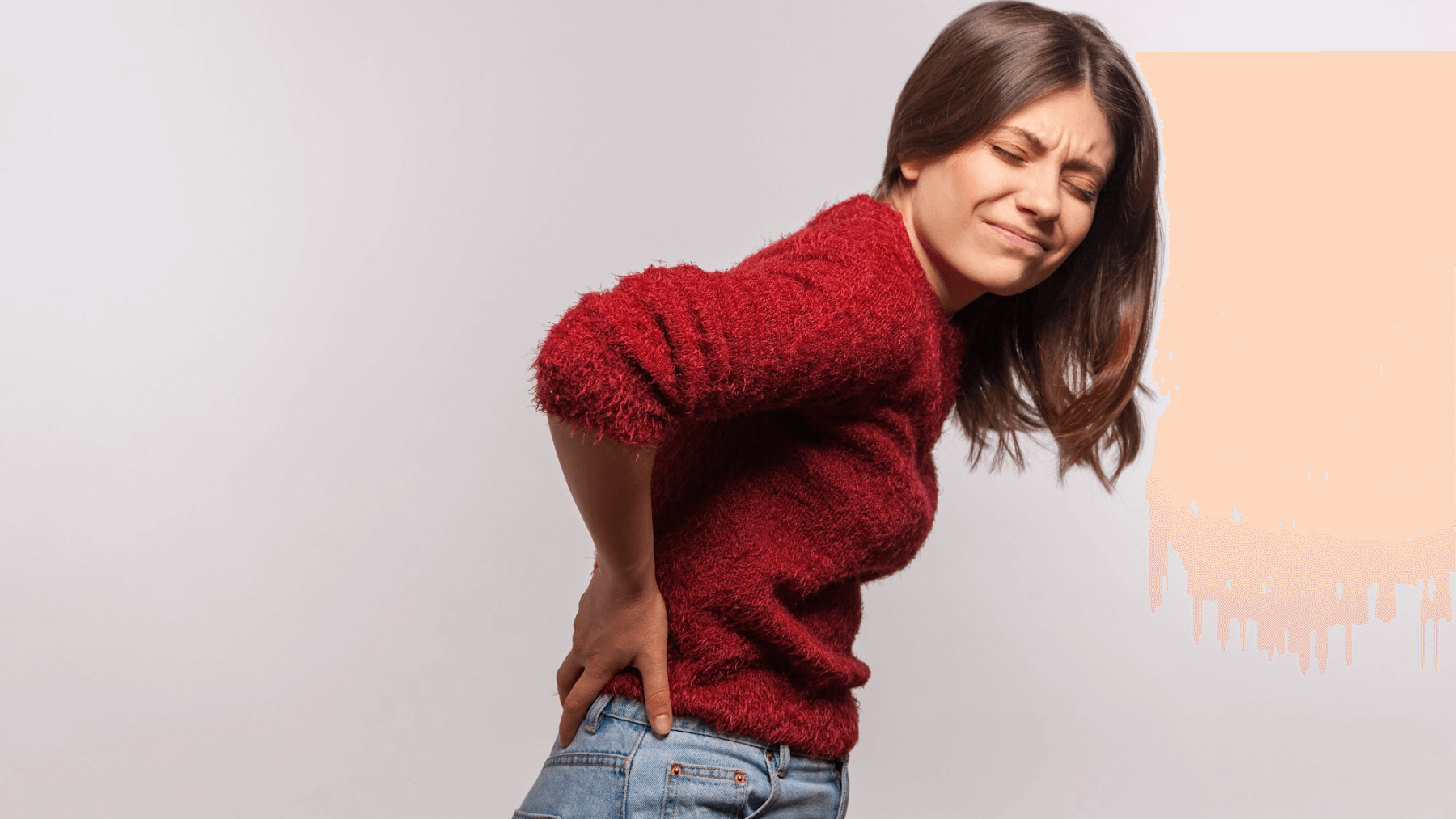Could a Herniated Disc Be the Cause of Your Lower Back Pain?
&srotate=0)
If you're experiencing lower back pain in Manhattan, you're not alone. At Ospina Medical in New York City, Dr. Matthew Kohler and his team encounter numerous patients who share your discomfort. But what's causing this prevalent issue? Could it be a herniated disc? This condition, often called a slipped, bulging or ruptured disc, occurs when one of the rubbery discs between the vertebrae in your spine either breaks or bulges, pressing on your nerves. This condition is a common culprit behind chronic back pain, but diagnosing it accurately requires a nuanced understanding of its symptoms and implications. At Ospina Medical, we offer advanced treatments such as steroids, trigger point and epidural injections; SCP therapy; spinal cord stimulation; and physical therapy to help alleviate lower back pain while promoting healing to restore normal functioning.
What is a herniated disc?
To get more clarity, let's dive into what a herniated disc is. Between the bones (vertebrae) that form your spine are discs filled with a jelly-like center (nucleus) encased in a tougher, rubbery exterior (annulus). A herniated disc happens when some of the nucleus pushes out through a tear in the annulus. Depending on the disc's location in the spine, this can irritate nearby nerves and result in pain, numbness, or weakness in an arm or leg. However, some people might not experience any symptoms at all.
What are the symptoms of a herniated disc?
When considering the root of your lower back pain, understanding the symptoms of a herniated spinal disc is crucial. These symptoms can vary widely among individuals but commonly include:
- Pain that extends to the arms or legs
- Increased pain at night or with certain movements
- Numbness or tingling in the affected areas
- Muscle weakness affecting your grip strength or ability to walk
These indicators suggest that a bulging spinal disc might be pressing against nerves in your spine, causing the discomfort you feel. If you notice these signs, it's important to see a healthcare provider like Dr. Kohler for a proper diagnosis. He might suggest imaging tests, such as MRI or CT scans, to get a better look at your spinal discs and nerves.
What causes a herniated disc?
The causes of a herniated disc can vary, ranging from natural aging and wear and tear (disc degeneration) to lifting heavy objects the wrong way. Factors like weight, genetics, and smoking can also play a role in increasing your risk. Understanding these causes is crucial in both preventing herniated discs and addressing them effectively when they occur.
How is a herniated disc treated?
At Ospina Medical in New York, NY, Dr. Kohler and his team offer advanced treatments for lower back pain caused by herniated discs and other spinal issues. Their approach includes steroid, trigger point, and epidural injections, specialized image-guided procedures using bone marrow concentrate, SCP therapy, spinal cord stimulation, and advanced physical therapy to address the underlying causes of pain and promote healing.
Can a herniated disc heal on its own?
In many cases, a herniated disc can improve without surgery. Dr. Kohler might recommend a combination of rest, physical therapy, and medications to reduce pain and inflammation. Lifestyle changes, such as maintaining a healthy weight and quitting smoking, can also help relieve symptoms and prevent future issues.
How can you prevent a herniated disc?
Preventing a herniated disc centers around keeping your spine healthy. Regular exercise, particularly activities that strengthen your core and back muscles, can provide significant benefits. Practicing good posture and learning the correct way to lift heavy objects can also protect your back. For tailored advice, Dr. Kohler and his team at Ospina Medical in New York, NY are always ready to guide you through the best practices for spinal health based on your individual needs and lifestyle.
Find relief from chronic lower back pain in Manhattan
While a herniated disc can be a significant source of lower back pain, understanding its causes, symptoms, and treatment options is the first step toward recovery. With the right care and preventive measures, managing or even overcoming this condition is possible. If you're experiencing back pain and suspect it might be due to a herniated disc, don't hesitate to reach out to Dr. Matthew Kohler and the team at Ospina Medical in New York, NY.